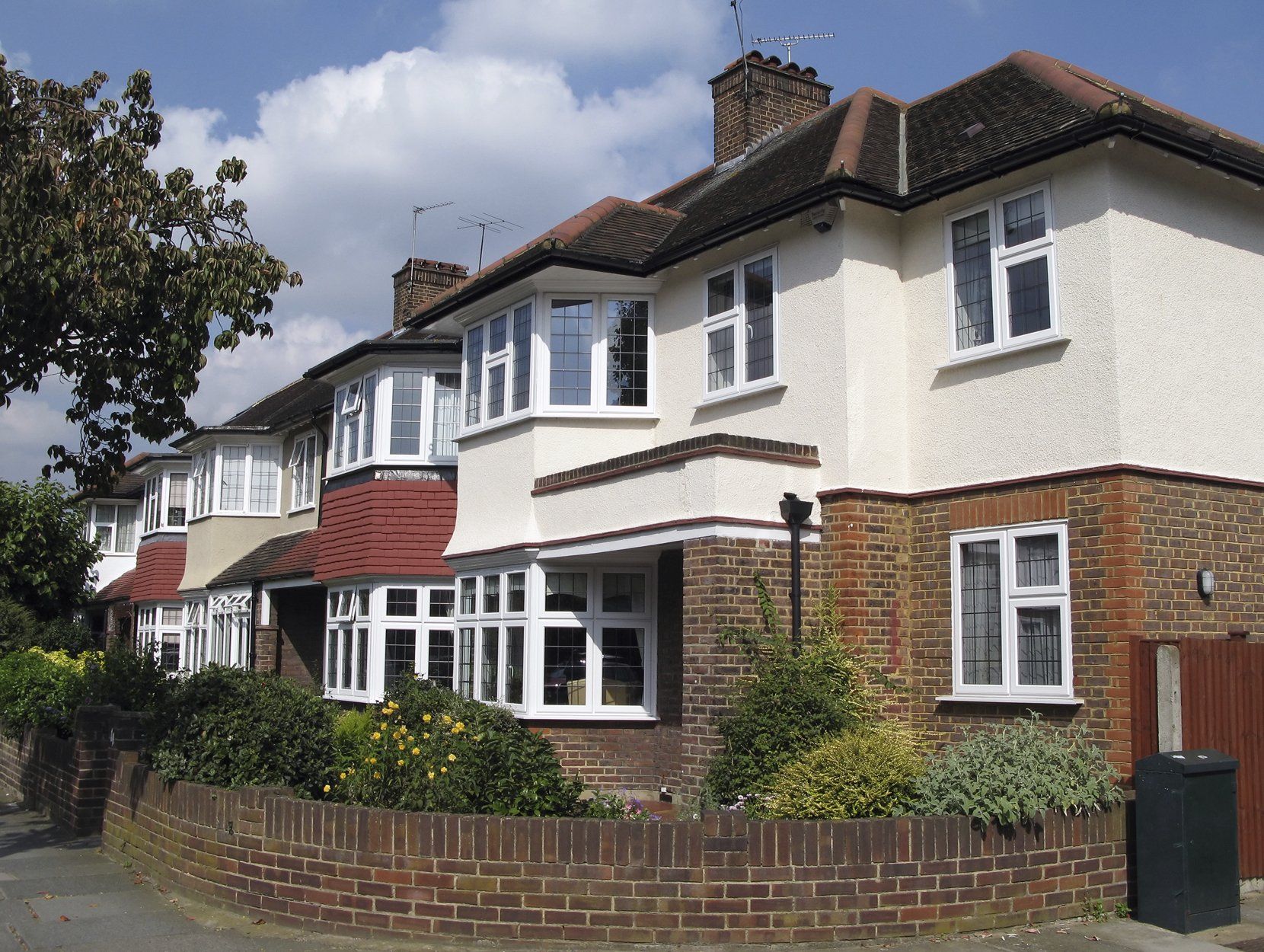What makes a property unhabitable?

A property may be classed as ‘unhabitable’ for various reasons, including unfurnished and/or needs major repairs to make it habitable.
‘Major repairs’ has various factors, including repairs to the structure of the property e.g., walls, foundation, floors, roof etc. However, they differ in severity, for example replacing a few tiles would not but replacing the whole roof would be.
Examples of what makes a home unfit:
·Gas safety risks
·Fire safety issues
·Damp
·Lack of heating
·Unsafe electrics
·Structural disrepair
·Internal disrepair
·Unsanitary toilets, kitchens or bathroom
·Rats, mice or pests
·Water supply issues
·Asbestos
·Lighting issues
·Radiation
·Overcrowding
·Mould and damp
·Carbon monoxide
Landlords have a responsibility to ensure their tenants have a safe living space, as the state of a rental property will have major affects on both mental and physical health.
A law came into force on 20th March 2019, to make sure rented houses and flats are ‘fit for human habitation’. This means the tenants should be safe, healthy and free from serious home living in that rented property.
If you are facing any of these issues, you should tell your landlord immediately and keep a record of date/time of any correspondence. If possible, request the problem to be fixed in writing. For housing disrepair claims, we allow 3 months (12 weeks) for the landlord to make the repairs, if they have exceeded this timeline, our specialist team can step in with a ‘Housing Disrepair Claim’.
What qualifies as Disrepair?
·Damp
·Mould
·Dry rot
·Fungal growth
·Overflowing guttering
·Structural issues
·Flooding
·Water leaks/ingress
·Roof issues
·Drainage issues
Our team take on tenants of social housing properties (council home or housing association property). We aim to get your repairs fixed and issue a claim for compensation for the stress/inconvenience caused in a settlement. If necessary, it may be possible to take your landlord to court, as the court can order necessary repairs to be carried out.
However, you can only seek legal representation for a housing disrepair claim if the costs of the works needed exceed £1,000. If you are unsure, we can look at your claim and give you advice on how best to proceed. In some cases, this would be contacting the Housing Ombudsman or Citizens Advice.
If you are a social housing tenant, our Housing Disrepair experts are more than happy to answer your questions and review your situation. Please call us directly on 0800 610 2223 or email info@mlasolicitors.co.uk.
Alternatively, please reach out on social media or fill in the contact form on our website.
Contact Us










